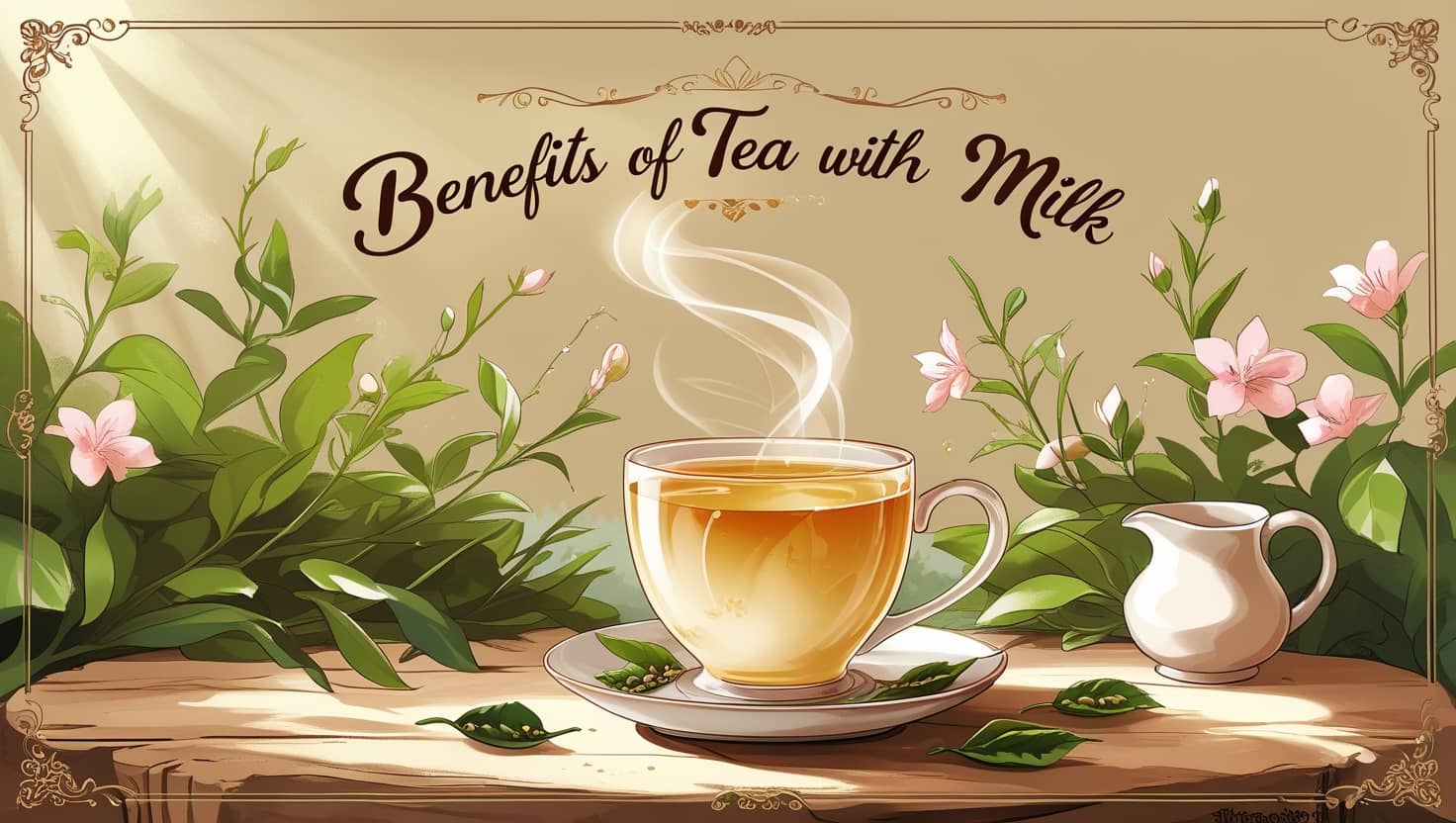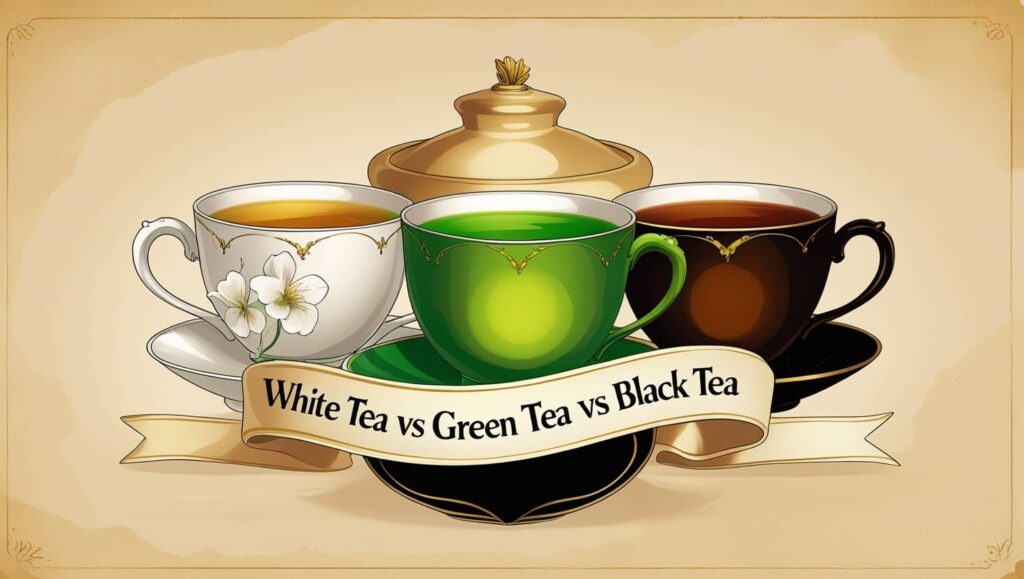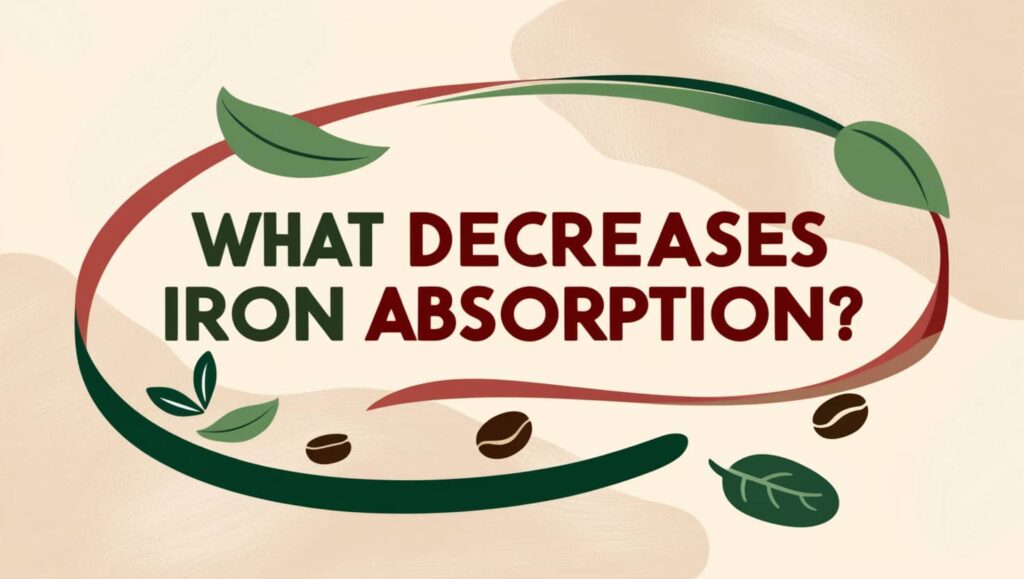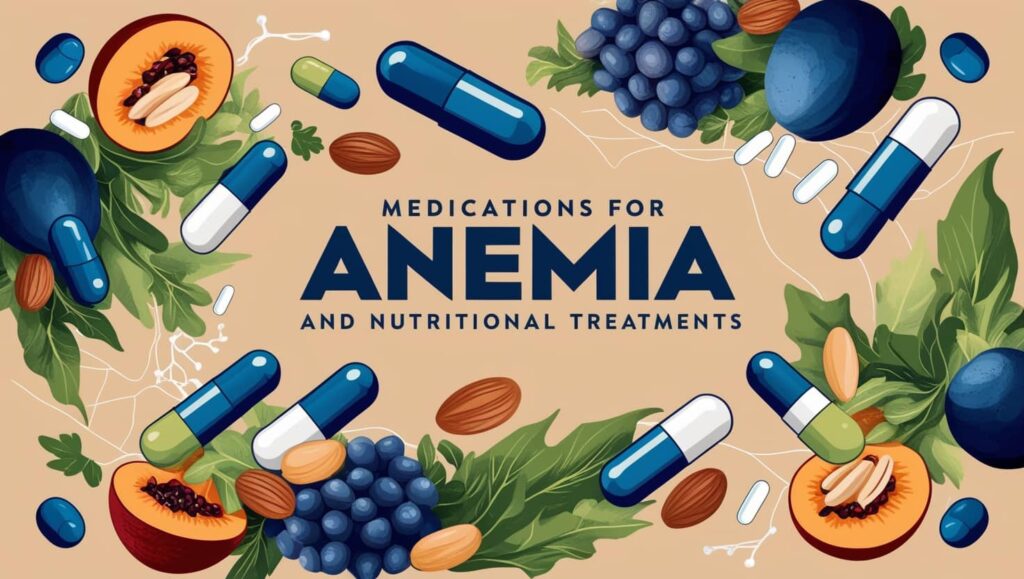The benefits of tea with milk are numerous, mixing tea’s antioxidants with calcium and protein from milk promotes bone health. It promotes digestion, delivers a mild energy boost from caffeine, and has a rich, creamy texture. Black tea, masala chai, oolong, matcha, and rooibos are excellent teas to combine with milk for a calming, nourishing beverage.
Nutritional Differences Between Plain and Milk Tea
Nutritional value of plain tea
- a type of tea typically has few calories and is sugar-free unless sweetened.
- It has minimal fat, protein, and carbohydrates, with varying amounts of antioxidants and minerals depending on the type of tea.
Nutritional value of milk tea
- Milk tea, on the other hand, is higher in calories due to the addition of milk and sweeteners, ranging from 100-300 calories per cup.
- If sweetened, it can contain 10-40g of sugar or more, significantly increasing its calorie content.
- Milk tea can have anywhere from 5g to 10g of fat per cup. It can have 15-40g of carbohydrates per cup, especially with added sugar or sweeteners.
- Milk tea can be a good source of calcium, vitamin D, vitamin B12, and antioxidants, and still retains caffeine content.
Possible Health Benefits and Drawbacks
Health benefits of tea with milk.
Strengthens the body: Tea contains antioxidants, while milk has calcium, potassium, and vitamins D and B12, all of which are necessary for strong bones and muscles.
Excellent energy source: A glass of milk provides a lot of energy, carbohydrates and other nutrients in milk assist in improving your energy levels.
Improve skin health: Consuming milk or low-fat milk in moderation positively affects the skin. Milk contains essential lipids and antioxidants, which promote skin health, give skin a sheen, and prevent premature aging.
Stress reliever: Milk tea has antidepressant substances including tryptophan, which assists improve mood and memory while reducing stress. Milk tea contains caffeine, which refreshes the body. It might cause anxiety if taken in excess.
Effective for weight loss: Milk’s lipids help you gain weight, while tea’s polyphenols and caffeine help you lose it.
Possible Side Effects of Milk Tea
Besides the benefits of tea with milk, here are some drawbacks of this mix:
Gastric problems: Milk tea contains dairy, which can induce bloating, gas, and indigestion. Caffeine in tea can dehydrate the body and cause constipation.
Sleep disturbances: Milk tea includes caffeine, which causes problems sleeping. Adding sugar to this drink can exacerbate the issue.
Weight gain: Milk tea includes high levels of fat and sugar. The fats and sugars found in milk tea may cause weight gain.
Anxiety: An overdose of milk tea causes chemical imbalances in the brain, which can lead to anxiety or mood swings.
Best Teas to Mix With Milk
Many teas make excellent milk teas, but our favorites include punchy morning teas, robust oolongs, and spiced teas. Herbal teas can also produce nice milk tea, but make sure they don’t include anything too acidic.
Here are a few choices to begin with:
- Black Tea: Strong, bold flavors pair well with milk.
- Masala Chai: Spiced black tea blends perfectly with milk.
- Oolong Tea: Floral and creamy, ideal for milder milk tea.
- Matcha: Green tea powder creates a smooth, creamy drink.
- Pu-erh Tea: Earthy and deep, softened by milk.
- Chai Green Tea: Mild, refreshing green tea with spices.
- Rooibos/Honeybush: Naturally sweet herbal teas create smooth, dessert-like drinks.
Reference
- Collins, K. (2015, June 22). Is it true that drinking tea with milk keeps you from absorbing the healthful substances in tea? Retrieved February 16, 2025, from American Institute for Cancer Research website: https://www.aicr.org/resources/blog/healthtalk-is-it-true-that-drinking-tea-with-milk-keeps-you-from-absorbing-the-healthful-substances-in-tea/
- Khan, N., & Mukhtar, H. (2018). Tea Polyphenols in Promotion of Human Health. Nutrients, 11(1), 39. https://doi.org/10.3390/nu11010039
- Rashidinejad, A., Birch, E. J., Sun-Waterhouse, D., & Everett, D. W. (2015). Addition of milk to tea infusions: Helpful or harmful? Evidence fromin vitroandin vivostudies on antioxidant properties. Critical Reviews in Food Science and Nutrition, 57(15), 3188–3196. https://doi.org/10.1080/10408398.2015.1099515
- Tea. (2019, July 26). Retrieved from The Nutrition Source website: https://nutritionsource.hsph.harvard.edu/food-features/tea/

Microbiology and Immunology Specialist | Scientific Writer
Lina Mahmoud Ahmed graduated from Cairo University’s Faculty of Veterinary Medicine with a B.Sc. in Veterinary Medical Sciences and a diploma in Microbiology and Immunology. With extensive knowledge and hands-on expertise, Lina is dedicated to delivering accurate and well-researched medical content that simplifies complex information for readers. She can be reached at [email protected].







